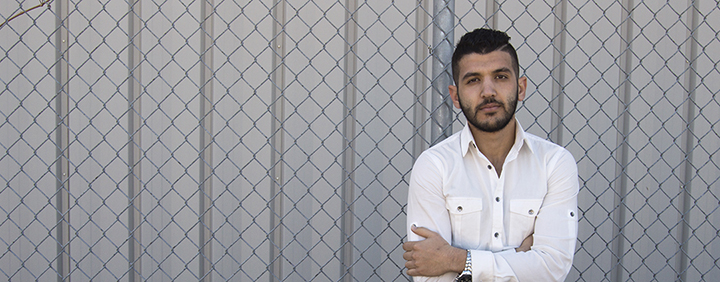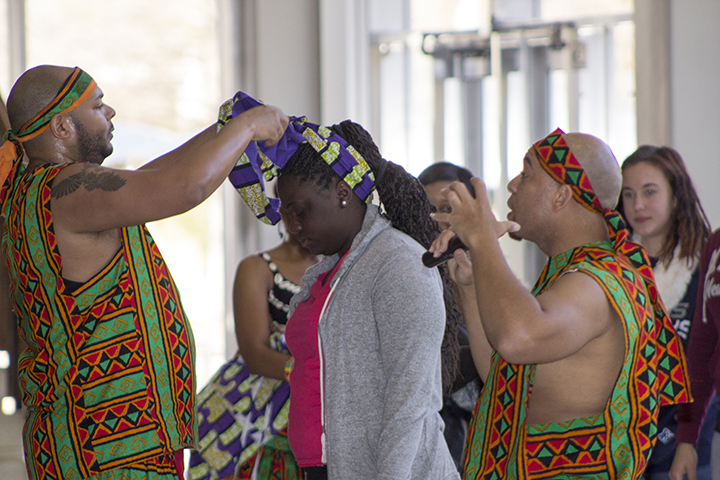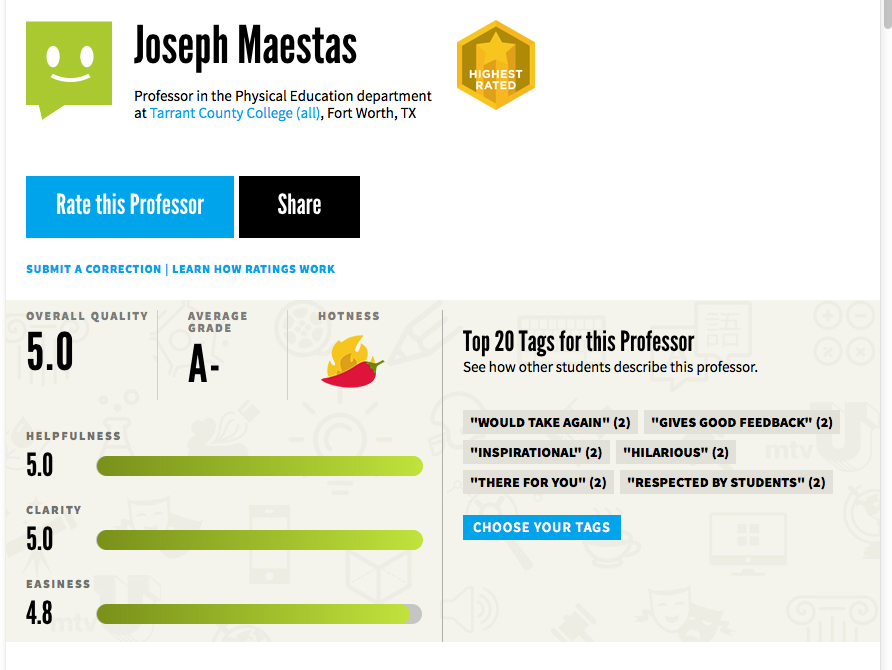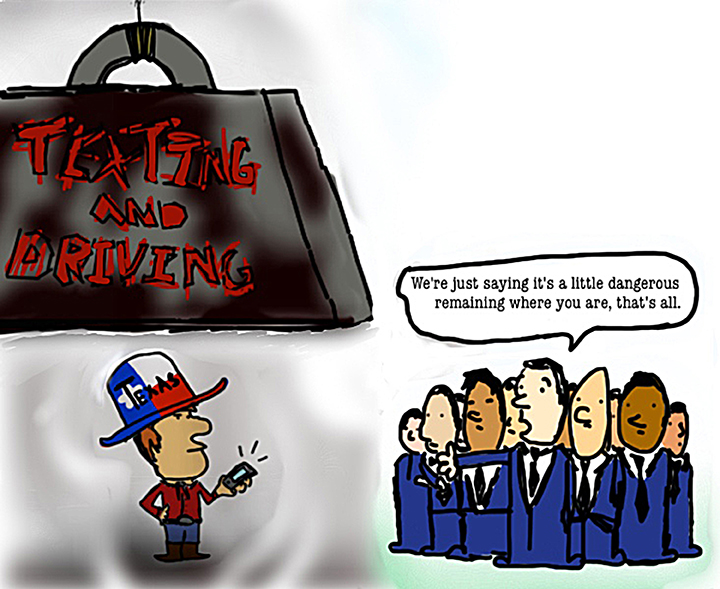By Karina Mosqueda/reporter
Love is in the air, but germs are everywhere.
Although a kiss is the most enamored sign of affection, it can transfer up to 80 million bacteria by a 10-second kiss, according to research published in the open access journal Microbiome from scientists in the Netherlands.
“When you think about it, it’s little wonder that kissing always involves an exchange of germs,” said Philip Tierno Jr., director of clinical microbiology and immunology at New York University’s Langone Medical Center.
The human body holds 10 times more bacteria than the amount of cells in the body. Two of the most-known bacteria that can be spread through kissing is meningococcal and streptococcus-mutants, according to Neina Greenhouse, a nurse at Children’s Medical Center in Southlake. Meningococcal disease is an illness that includes meningitis and has the potential to be life-threatening. It is either spread through direct contact or heavy kissing.
Streptococcus-mutants, a sticky film of bacteria that forms on the teeth, is also known as plaque. French kissing is the main transfer of the bacteria that can increase cavity risk and tooth decay, according to Matthew Messina, a national spokesman for the American Dental Association.
“Try and make sure the other person doesn’t have sores inside or around their mouth and lips, also, healthy gums that don’t bleed,” South Campus nurse Carol Human said. “Both of those are entry points to viruses and bacteria.”
Viruses in the saliva or blood can also spread to another person by kissing. Those viruses include colds, glandular fever, herpes infection, mononucleosis, warts and hepatitis B. It is not just bacteria that can get transferred by kissing.
“If he or she has a fever blister, there is a high chance you are going to get it,” TR Campus nurse Teresa Tosey said. “It’s hard to prevent.”
One can, however, take prevention methods to reduce catching an infection while kissing. These include avoid kissing a person who is sick, has an active cold sore, warts or ulcers around the lips and/or in the mouth, maintain good oral hygiene by brushing and flossing regularly and keep immunizations current and, if needed, ask for preventative vaccines for some infectious diseases such as hepatitis B and meningococcal infection.
“Make sure how well you know the person you are kissing,” NW Campus nurse Trina Lisenbey said. “Do a visual assessment if needed. Look for sores, ulcers, even a running nose to avoid getting sick.”
Kissing can transmit many germs and bacteria in the human body. Saliva can transmit numerous diseases, which only stresses the fact that kissing is a small but important health risk, according to “Kiss of Death” at infectiousdiseases.about.com.
“I believe oral hygiene is very crucial,” NE student Britney Pinkerton said. “To know that something so simple as kissing my own boyfriend could actually transfer cold sores in my mouth in the winter, it was aggravating.”
Researchers have begun to study passionate kissing and have uncovered valuable health benefits as well. Those include increased immunity, emotional bonding, metabolic boost and stress reduction.
“Intimate kissing, involving full tongue contact and saliva exchange, appears to be courtship behavior unique to humans and is common in over 90 percent of known cultures,” said Netherlands research author Remco Kort from TNO’s Microbiology and Systems Biology Group.
In perspective, there is no need to give up kissing. One should just remember there is more going on than meets the eyes and lips.





























